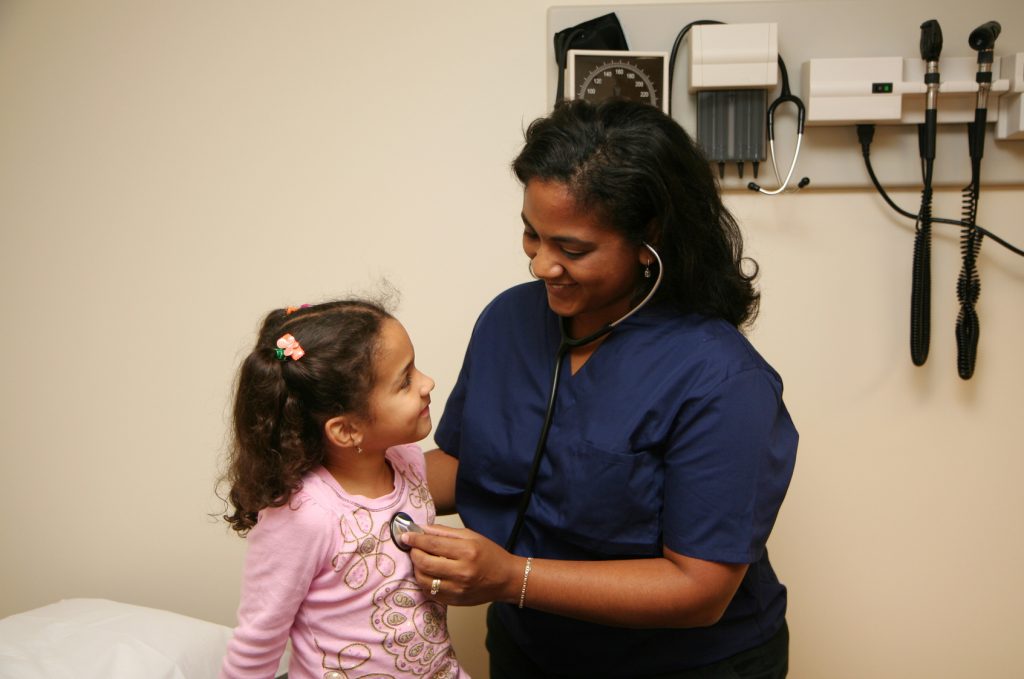nursing
Tag4 Things Nurses Should Never Say to Patients
When working as a nurse with long shifts and lots of patients, it is easy to forget what it’s like to be a patient.
Nurses Leaning Into Uncertainty
Nurses show up, even when uncertainty is the only thing we know to be true.
Is America Still Facing A Nursing Shortage?
Unfortunately so. Due to many important factors, the demand for nurses is rising at a staggering rate.
When Changing Nurse Jobs Means Changing Specialties
When changing nurse jobs means changing specialties, nurses should know that they are not limited by what they currently do any more than doctors are.
The Inner Stretch of Nursing
Nurses endure the inner stretch of their emotional, relational, and spiritual muscles on a daily basis.
Can You Return to Nursing After a Hiatus?
How do you break back in to nursing after being gone so long? It’s possible, and there’s a lot to do to get there.
The Clinical Nurse Leader Role
Learn about the relatively new role of Clinical Nurse Leader from a passionate and seasoned CNL.
5 Helpful Tips For Dealing With Difficult Patients
Every nurse encounters a number of patients who are difficult to work with; here are five tips on how to deal with them.
Here’s A Growing Job That Earns More Than $100K: The Nurse Technologist
Slowly but surely, technology is invading every workplace in America. Now it’s nursing’s turn.
Critical Thinking: A Vital Trait for Nurses
A look at how well-developed critical thinking skills in nurses can positively impact patient outcomes, as well as their colleagues.






